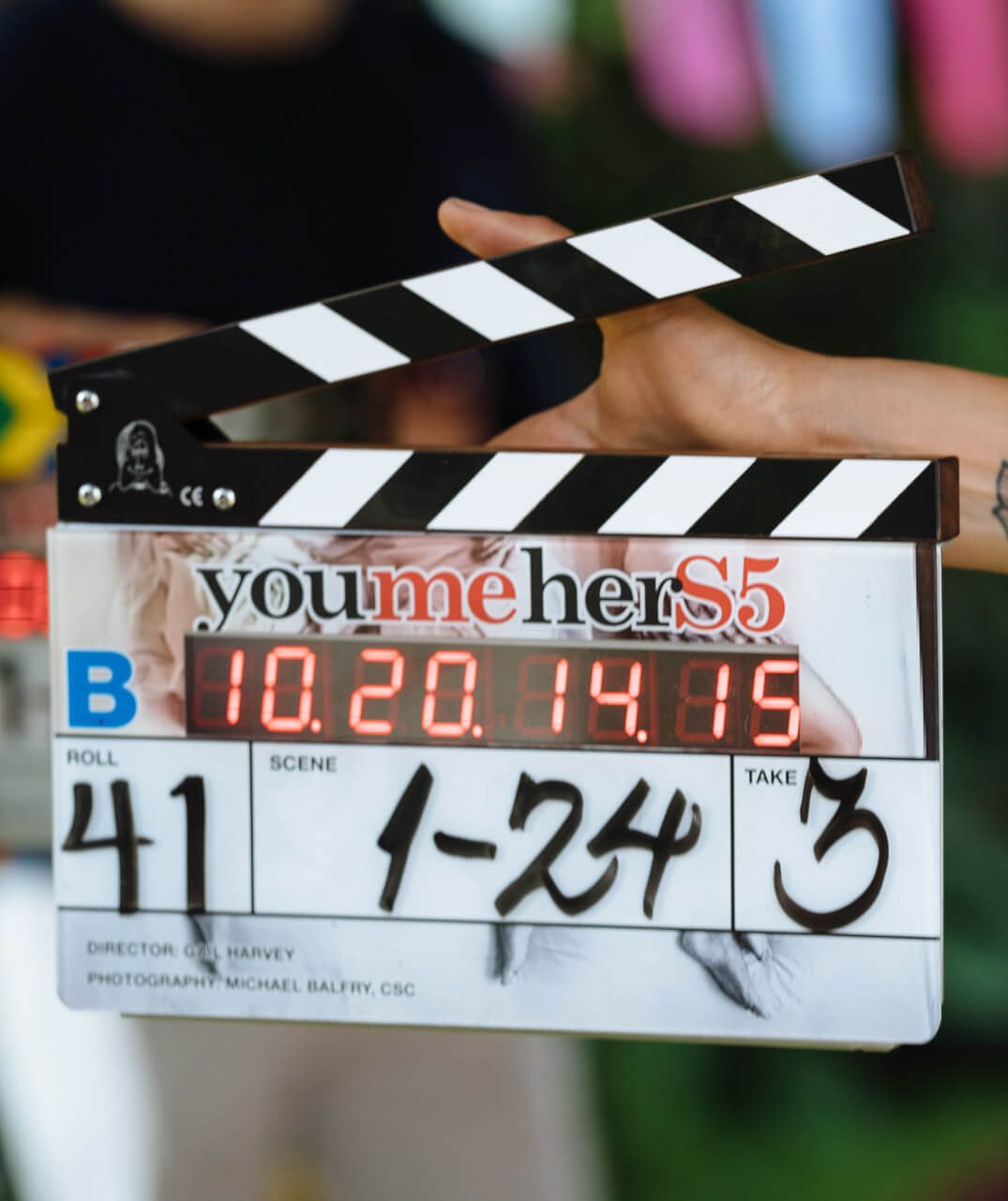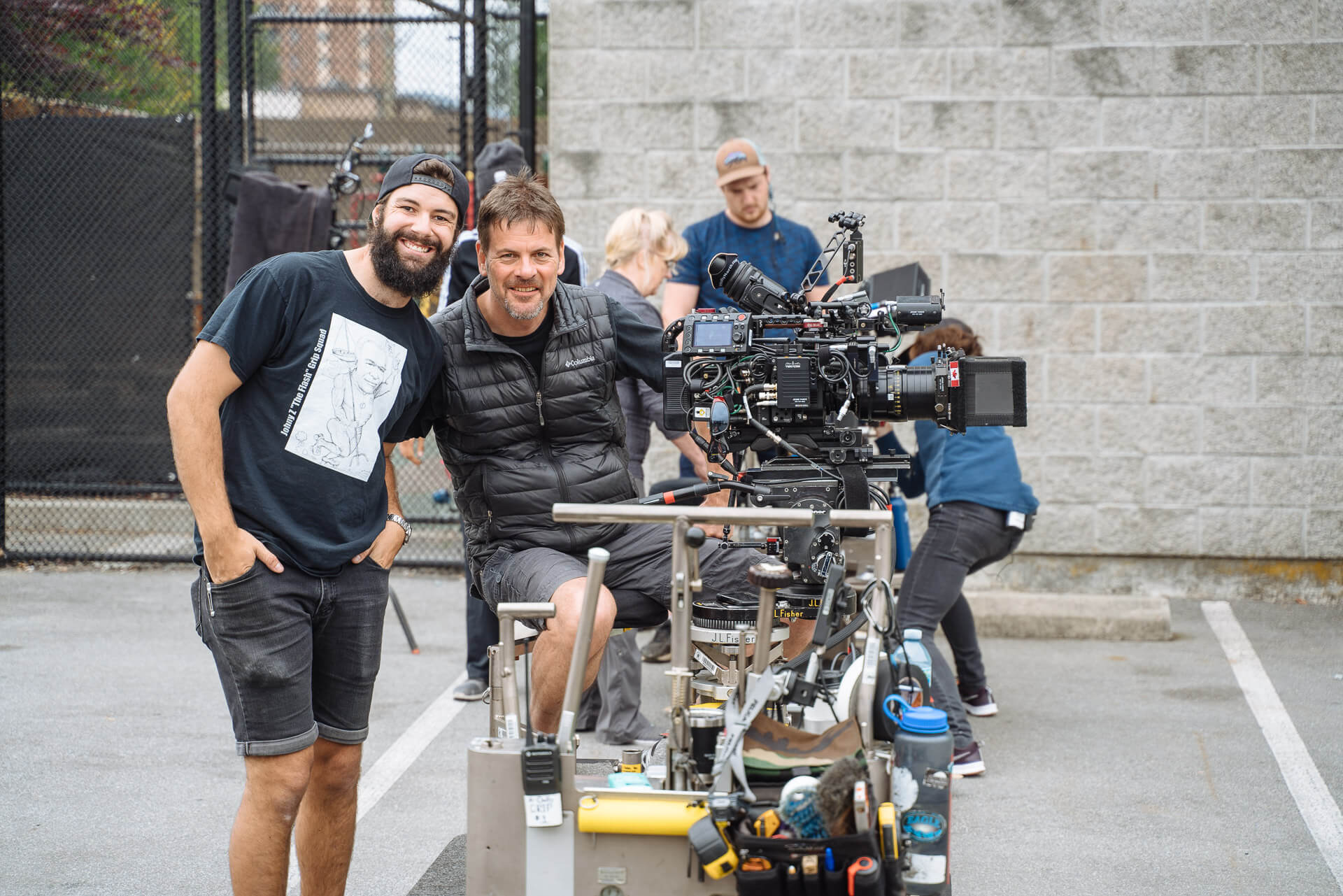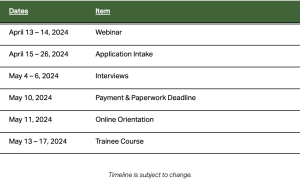Join
Trainee Program

What is the Trainee Program?
This will be the start of your career in the film industry, working your way towards full ICG 669 membership that includes benefits and more. The union members you work with during this program may be the ones that could hire you in the future!
You will experience a diverse training journey that ranges from high budget features, to a low budget movie of week. The trainee phase is dedicated to becoming a 2nd Assistant Cameraperson in the Union. On average, most Camera Trainees graduate from the program in 1.5 – 2 years, depending on the buoyancy of the film market.
Equity and diversity are embraced at ICG 669. An open and diverse community fosters the inclusion of voices that have been underrepresented. All qualified candidates are strongly encouraged to apply.
Please note, the Trainee Program is independent from a Direct Application. If you wish to apply to the union directly, please visit the Direct Application page.
Locations
The Camera Trainee Program is offered in the following locations:
- Vancouver, BC
- Calgary, AB
- Winnipeg, MB

Step 1
Please review the requirements to become an ICG 669 Trainee found here.
Step 2
The film industry can be tough and is not for everyone. Is the film industry right for you? Read here for more information.
Step 3
Find out what courses are required here.
Step 4
Fill out the application form found here.
Step 5
Refer to the Trainee Application Checklist to ensure you have included all necessary documents. If so, please submit your complete application to [email protected].
WINNIPEG 2024
TIMELINE

trainEE mailing list
FAQ
Please sign up for the mailing list for the most up-to-date Trainee Program information.
No, by law Camera Trainees are to be paid no less than minimum wage when they work on signatory productions. The trainee wage varies depending on what type of production you are on, as well as what contract that production is signed to.
There is an initial application fee of $50 to apply to the program, this is a non-refundable cost.
The cost of the Program is $2000 + GST.
While working on set, 2% is deducted off your paycheque as working dues. When working on a BCCFU production, a 2% permit fee is deducted as well.
Yes, quite often Camera Trainees work as PAs, Grips, or in other departments between rotations. It is important that the Camera Trainee program be a top priority. Camera Trainees are not to work in any ICG 669 member positions.
We recommend you own a vehicle, but we understand the economic hardship. We do however insist that you must always have access to a reliable vehicle. If a vehicle is not accessible, a means to get to set safely and independently is non-negotiable.
The Trainee Program does not guarantee full-time work. Every effort will be made to dispatch Camera Trainees onto opportunities, however, openings are dependent on the frequency of productions in each province.
Once an individual has passed the Trainee Course, they become a formal Camera Trainee eligible for dispatch on Union productions. Camera Trainees must acquire the minimum number of days, assessments and reference letters required to apply to upgrade to become a 2nd Assistant Cameraperson. On average, this may take between 1.5 – 2 years depending on the buoyancy of the industry.



